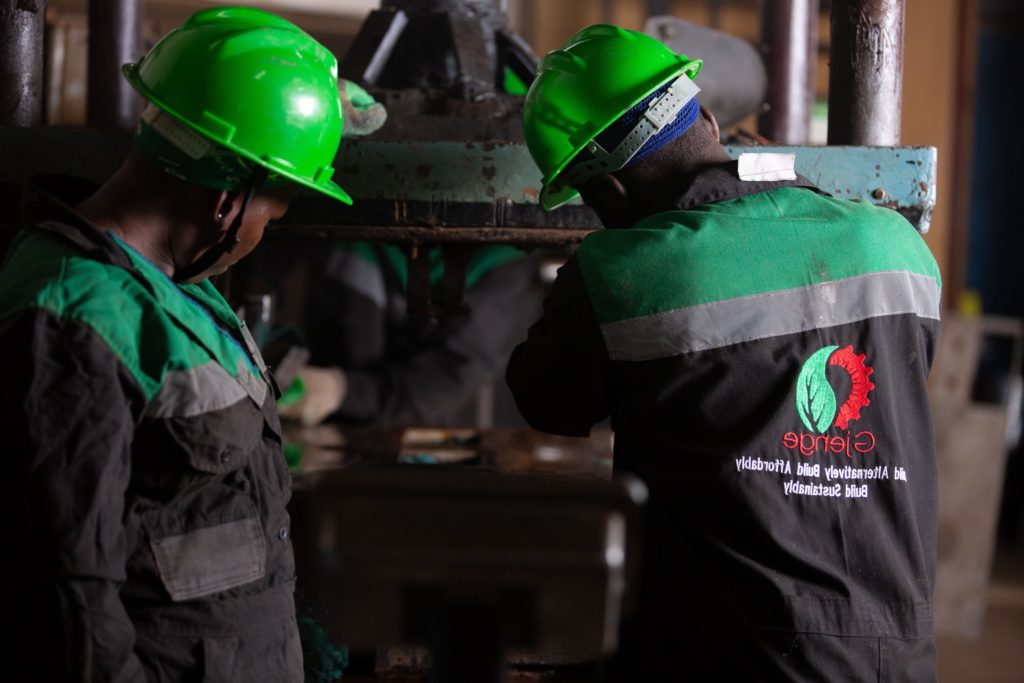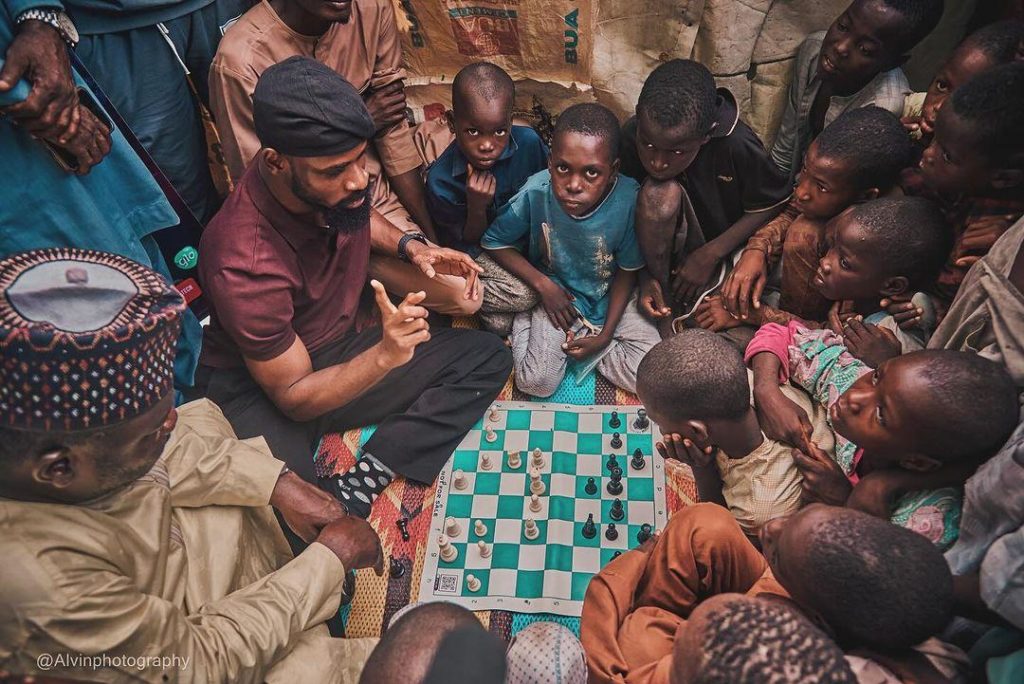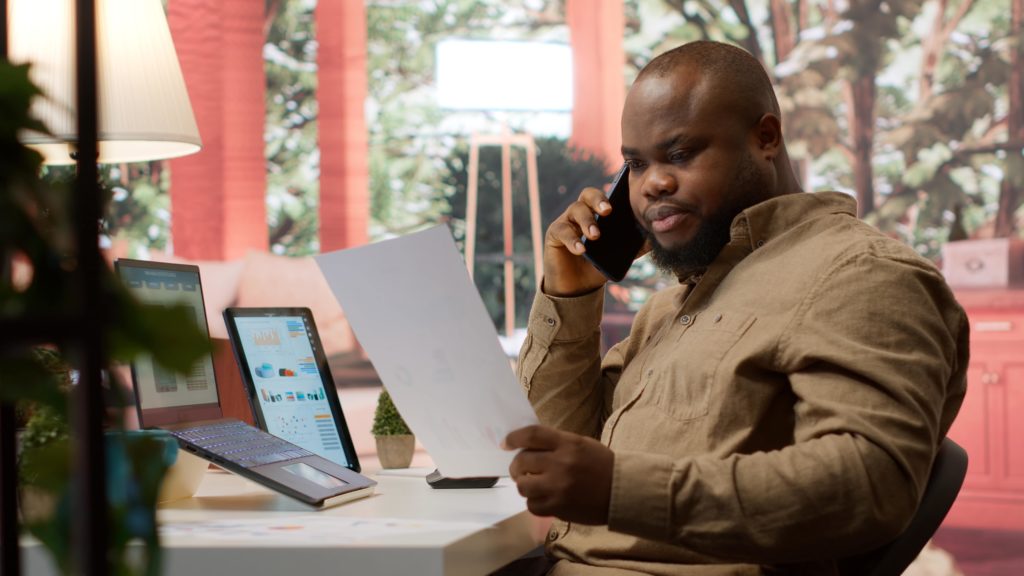If you're at all interested in tech in Africa, you're bound to have heard of Tidjane Dème. But what do you know about his career? From Managing Director of Google Africa at the age of just 34, to the head of Partech Africa, one of the biggest investment funds dedicated to technology on the continent, Tidjane Dème's rise has been nothing short of remarkable. Tidjane Deme in the tech world has been anything but ordinary. Originally from Senegal, Tidjane embodies the convergence of innovation and commitment to Africa's tech potential. His journey is both a testament to the evolution of African entrepreneurship and an inspiring example for current and future generations. From his beginnings in France to his leading role in Google Africa, and his leadership position at Partech AfricaTidjane Deme is a man who has pushed back the boundaries and broken new ground in Africa's rapidly expanding technological landscape. In this Fanaka Story, we take a closer look at Tidjane Deme, the employee with the heart of an entrepreneur.
Tidjane Dème: the beginnings
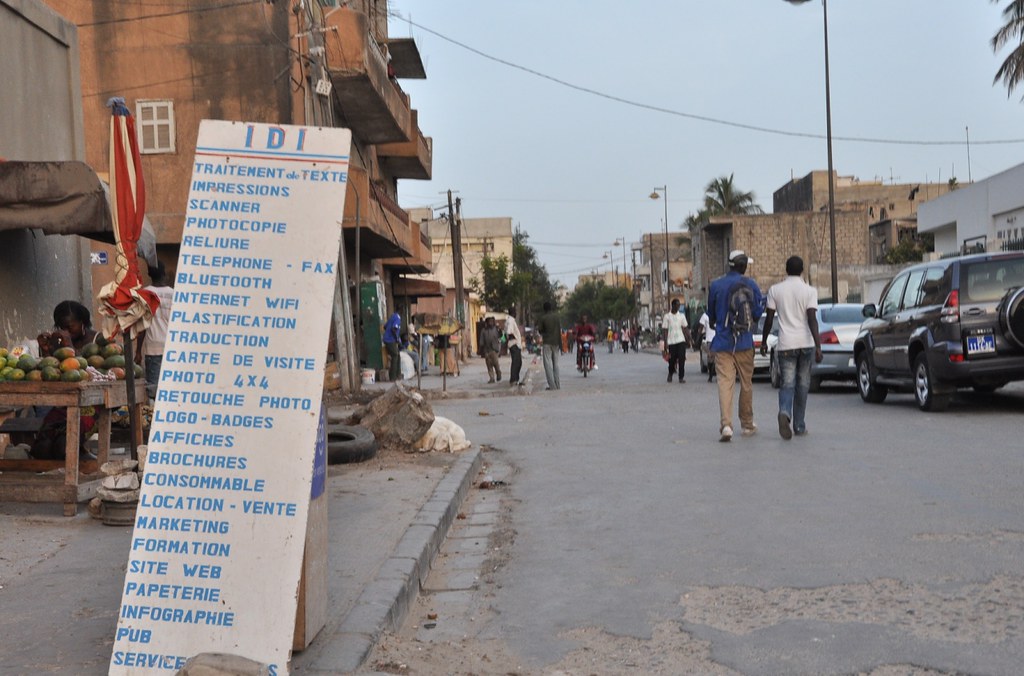
Born in MedinaTidjane comes from a family of religious scholars who emerged from the rural exodus. Originally from Saloum, a village in Senegal, the Dèmes are Koranic masters, handed down from generation to generation. Tidjane's heritage is therefore a knowledge and erudition that he has cherished all his life. From the age of three, his education began in a Koranic school where he studied Arabic before his parents decided to enrol him in a French school. This choice paved the way for a dual education marked by a subtle balance between these two worlds that have shaped his school career.
His academic career has therefore taken place in a number of establishments in Senegal. He began his primary education at the French school in Colobane 1, and continued at the Lycée Maurice Delafosse in Dakar, where he took his baccalauréat in 1993 with distinction. He then moved to France to complete his higher education. After two years of preparatory studies at the Lycée Jacques Decours, he entered the École Polytechnique X in Paris, where he brilliantly graduated with an honours degree. Master's degree in physics and mathematics in 1997. This training provided a solid foundation for his understanding of science and technology. Deme completed his academic career with a degree at Imperial College London in 1997, broadening his academic horizons. In 1999, he graduated from ENSTA Paris with a degree in information systems, telecommunications and computing, further strengthening its skills and expertise in key areas of technology.
During these years away from the family cocoon, the young man learnt a great deal. He trained himself, adapted to a new cultural environment and discovered an enormous resilience. He ended up with a few injuries, but remains convinced that he was lucky to have met the people he did. "This is a very common story. It's the story of many African students who find themselves on another continent to study. It's a story of choice, but also of non-choice", he says. In any case, Tidjane has made his own choices, while remaining true to his aspirations and origins. His academic career has laid the foundations for his impressive career and his role as a key player in the African technology sector.
A rich career path to learn and strengthen Tidjane Dème's convictions
Tidjane Dème's first professional experiences were marked by periods of intensive learning and the opportunity to make valuable new contacts. His first experience began in 1999 at Cap Gemini. At the time, he was the youngest and least experienced in the company. Nevertheless, he had a burning desire to progress. Recruited as a junior consultant specialising in media and telecommunicationsHe rose through the ranks to become a senior consultant. His contribution to the organisation focused on systems development and architecture, demanding and crucial areas in the IT sector.
In 2001, he was hired by Cosine Communications, a Silicon Valley start-up in Californiaas a consultant for over a year. The environment was stimulating, and he landed at a time when telecommunications were booming. Around him, "everyone thought they would end up in a start-up that would prosper, go public and end up a millionaire", he confides. This mentality strongly encouraged the entrepreneurial spirit of the young man, who took part in his first entrepreneurial project during his time at the Silicon Valley. He will have experienced all the stages of a project, from theorising the idea to launching the project and raising the funds. But this first experience ended in failure. However, he came away with the conviction that one day he would create a company that would prosper in the tech sector.
Meanwhile, the company where he works is experiencing difficulties. There are likely to be redundancies, and he is likely to be one of a wave of employees soon to be unemployed.
However, this bleak projection gives rise to the idea of a project that, at the outset, is not at all designed for deployment in Senegal. He then realised that he missed his father and would like to spend more time with him. He feels the need to return and realises that, contrary to what he thought, his project actually makes a lot of sense in Senegal, Africa. So the redundancy wagon arrived and he wasn't on it. However, mentally, he was no longer in the West; his spirit was already anchored in the fold. It was there, in his native Senegal, that he began to develop his professional project while devoting more time to his father. In order to realise this dream that was so close to his heart, Tidjane took a bold decision: swap positions with one of his closest friends, who was one of the employees made redundant. His friend stayed. Tidjane left with compensation that would enable him to start his own business.
Back to Dakar
Tidjane's plan was to launch a Saas (Software as a service)It would give SMEs and VSEs shared access to technological resources. He was well prepared, but failed miserably and buried his project after three years of trying to make it prosper. This flop taught him a lot about "the fact that an entrepreneur should be surrounded by kindness, whatever the outcome of his project". He also learnt the hard way that while entrepreneurs need to be resilient, persevering and stubborn, they also need to know how to withdraw when things are heading towards an end.
After this first project, Tidjane set up a successful consultancy and project management company in 2002, exporting its services to the sub-region. In retrospect, his return to Dakar proved to be a wise choice, marked by professional success that confirmed his decision. At this stage in his life, when he had already accumulated significant entrepreneurial experience, an opportunity presented itself. He learned that a team of Google was about to visit Senegal to discover the market.
Put in touch with the company, Tidjane began by working with Google, which was then talking about launching an office in Africa and offered him the job of representative. At first, he wasn't interested. He liked being his own boss and had no desire to work for anyone. Not even for Google! A year later, an acquaintance phoned him up again to talk about the project, which had been put on hold because the tech giant couldn't find anyone to represent it in Africa. His name was mentioned in the conversation. His acquaintance suggested that he contact the company again. At the time, he was a little bored and saw this opportunity as a way of doing something with more impact. Most importantly, the Google project he was invited to take part in gave him enough entrepreneurial freedom, a very important factor for Tidjane. His mission was to develop the Internet on the continent by working on infrastructure, technical and entrepreneurial skills and content. That was in 2009.
Finally, when he moved to Google, he will have opened the company's office in French-speaking Africa, coordinated ecosystem efforts to support developer communities and technology startups in more than 15 countries, led Google's African content strategy, developed YouTube in 6 markets. He also led the commercial development of the tech giant's infrastructure investments in Africa.
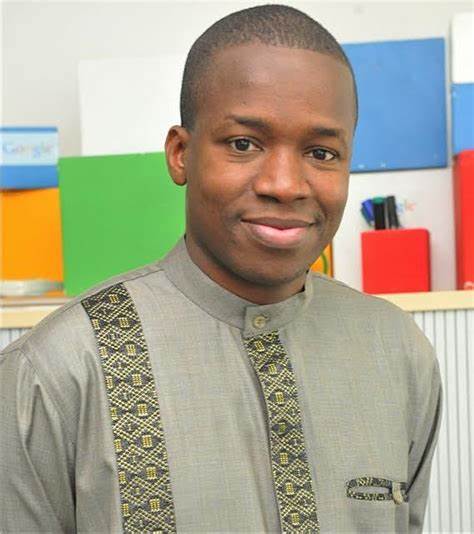
The adventure came to an end a few years later, in 2016, and once again, Tidjane learned an enormous amount: management, innovation management, new skills. In seven years, he has done it all. He even had several lives, travelled around Africa and had the impact he had so much hoped for. In 2016, he joined Partech as General Partner and co-leader of the Partech Africa FundPartech's multi-stage technology fund dedicated exclusively to African digital markets. His entrepreneurial and professional background makes him the ideal candidate for both positions. Partech's portfolio includes 210 companies in 40 countries in Africa, Asia, Europe and the United States. In Africa, Partech has invested in TradeDepot, Yoco, Wave, Nomba (ex-Kudi), Gebeya, ChatDesk, Reliance Health, MoneyFellows, TerraPay, Tugende, Almentor.
In addition to his work at Partech Africa, Tidjane Deme is also an active member of the African entrepreneurial community. For someone with a thirst for impact and entrepreneurial freedom, he had succeeded. He had found his sweet spot. He lives and thrives there, helping African businesses and start-ups. His next dream? To become a teacher!
After working at Cap Gemini and Cosine Communications, Tidjane Deme joined Google where he worked as director of partnerships in French-speaking Africa. He played a key role in expanding the company's presence on the continent. Later joining venture capital firm Partech, he led the launch of Partech Africas first investment fund. Partech Ventures dedicated to Africa. Since then, Tidjane has played a key role in the investment of several fast-growing African start-ups. He is a leading figure in the world of tech and entrepreneurship. His career is an example of perseverance and determination. These different experiences testify to Tidjane Deme's determination to acquire useful skills in a constantly changing environment. They are also the solid foundations on which he has built a remarkable professional career, characterised by his expertise in the digital field.
